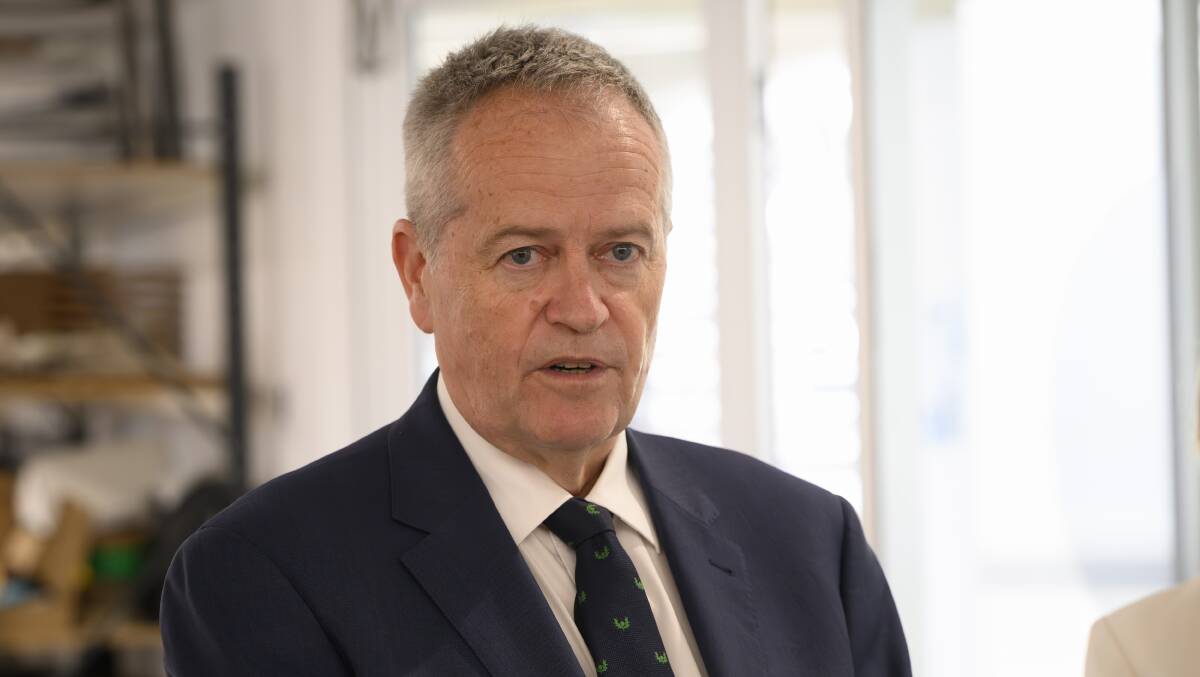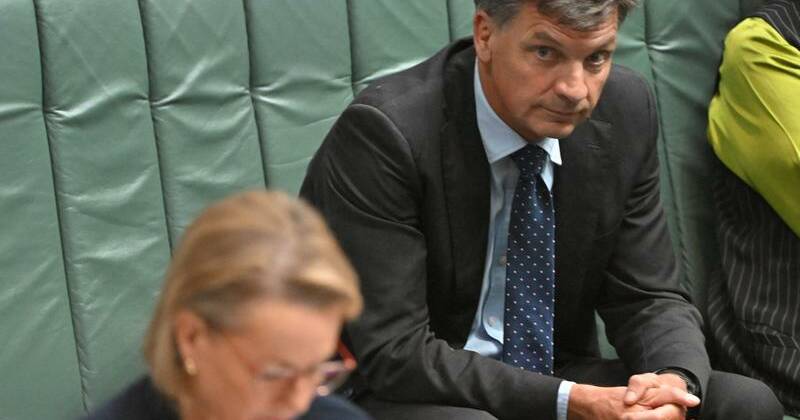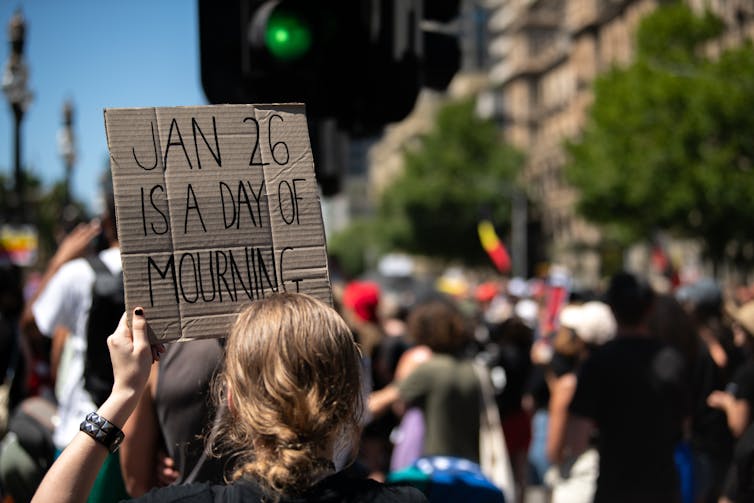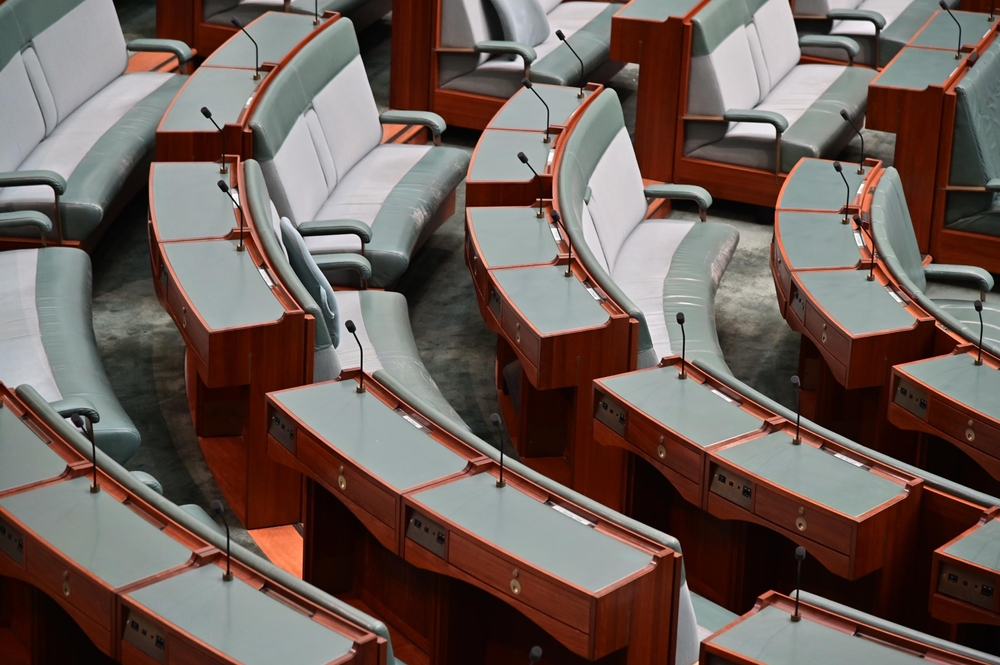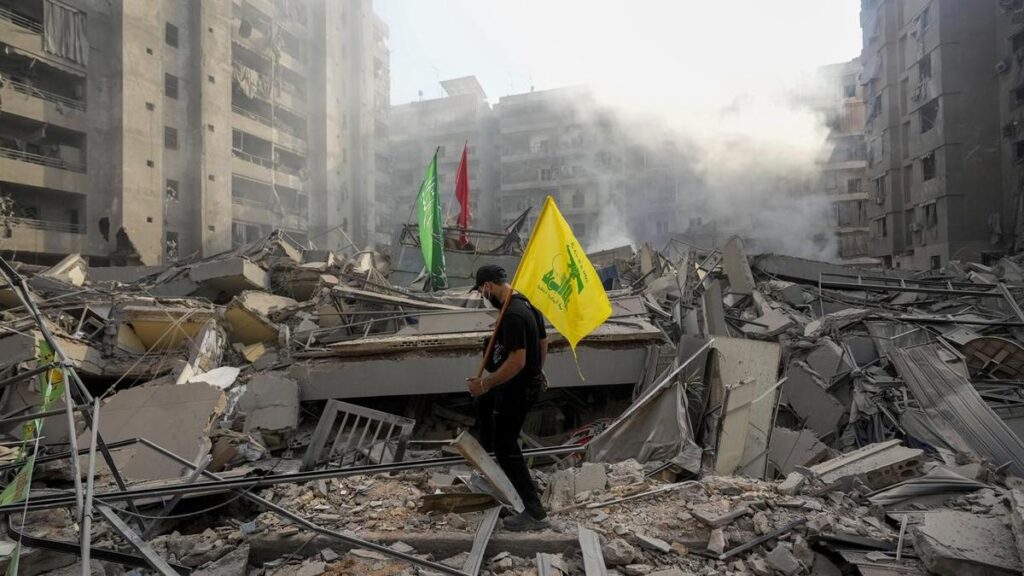
UPDATE: Israeli Defense Minister Israel Katz has issued an urgent demand for the Lebanese government to disarm Hezbollah and remove the militant group from southern Lebanon. This announcement comes as Israeli forces continue to launch intermittent attacks against Hezbollah, indicating escalating tensions in the region.
In a statement released on Sunday, the Israeli military confirmed the death of four Hezbollah members in their latest strikes. These actions come despite a November 2024 ceasefire, brokered by the United States, which ended over a year of conflict sparked by the war in Gaza. However, hostilities have resumed sporadically, raising alarms about regional stability.
Katz emphasized that Israel will intensify enforcement efforts to protect residents in the north, underscoring the urgency of the situation. He pointed out that under the November ceasefire agreement, only state security forces should possess arms in Lebanon, which effectively requires Hezbollah to be fully disarmed.
Since the ceasefire, Lebanon has faced increasing pressure from the US, Saudi Arabia, and domestic rivals of Hezbollah to comply with the disarmament. Lebanese military sources reported to Reuters that they have exhausted their explosives while dismantling Hezbollah arms caches, illustrating the challenges they face in balancing internal tensions and international expectations.
Once a dominant political force in Lebanon, Hezbollah has been significantly weakened following the devastating 2024 war, which resulted in the deaths of thousands of its fighters and its longstanding leader, Hassan Nasrallah. The conflict also tragically claimed the lives of over 1,100 women and children and devastated large areas of southern and eastern Lebanon.
Despite publicly affirming its commitment to the ceasefire, Hezbollah has clarified that disarmament only applies to its operations in southern Lebanon. The group has not engaged in hostilities or opposed the confiscation of unmanned weapons caches since the November truce, but it has hinted at potential conflict should the Lebanese state take direct action against them.
As tensions mount and the situation evolves, the international community is watching closely. What happens next will be crucial not only for the stability of Lebanon but also for the broader region. The call for disarmament and the ongoing military actions illustrate the fragile balance of power in this conflict-ridden area.
Stay tuned for more updates as this developing story unfolds.
